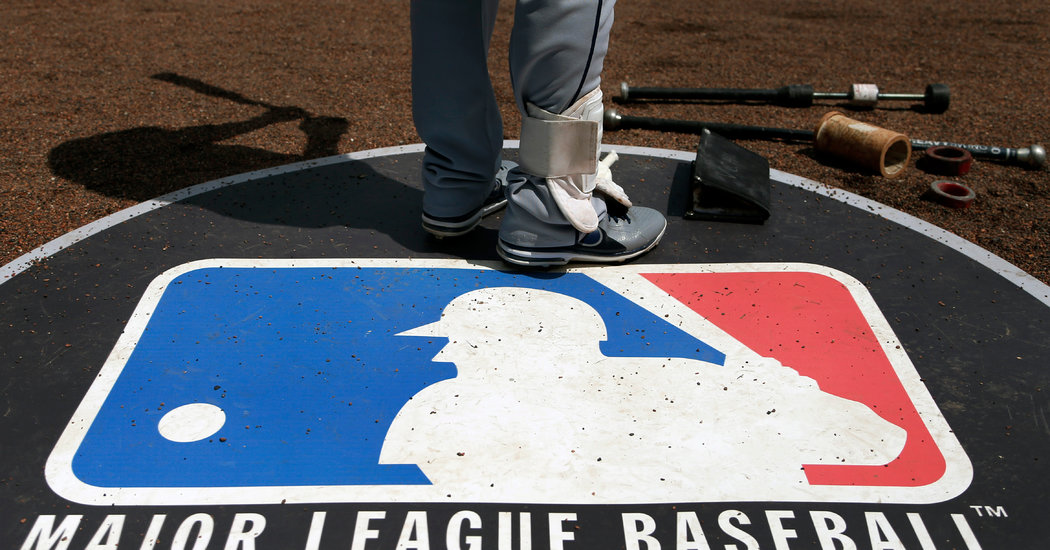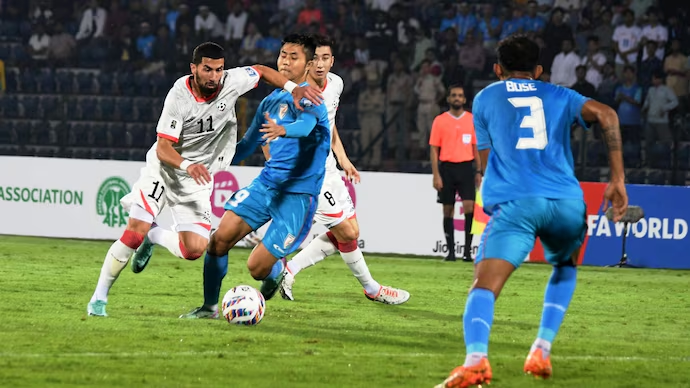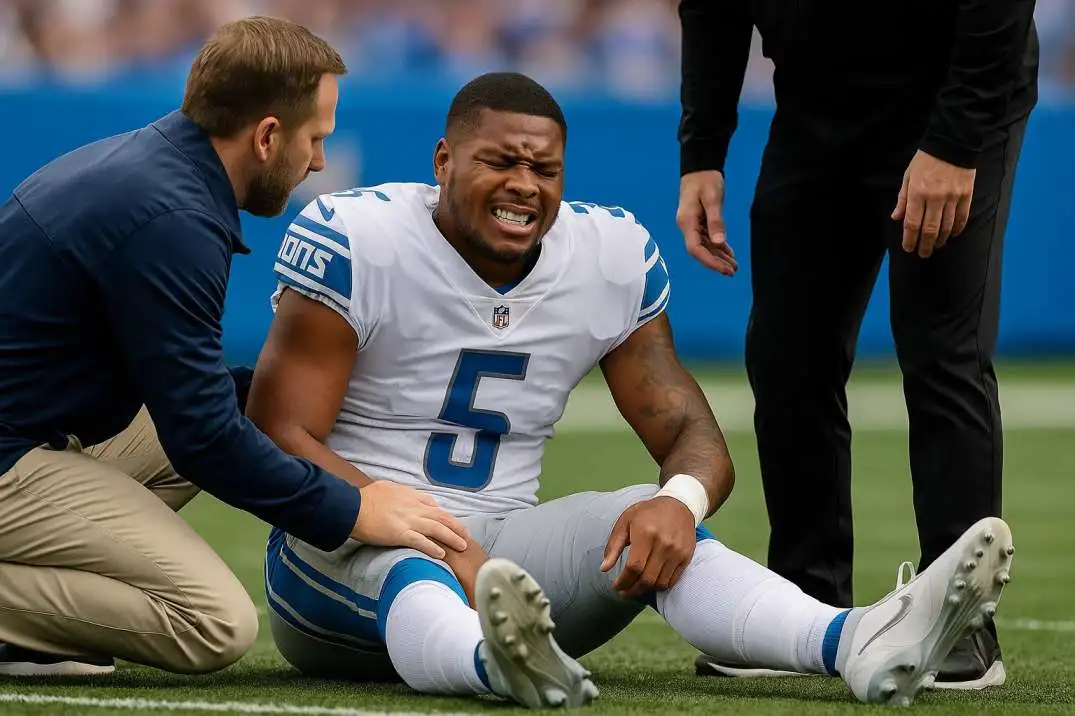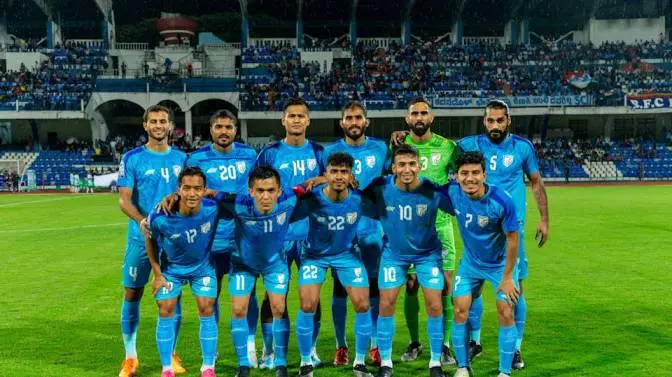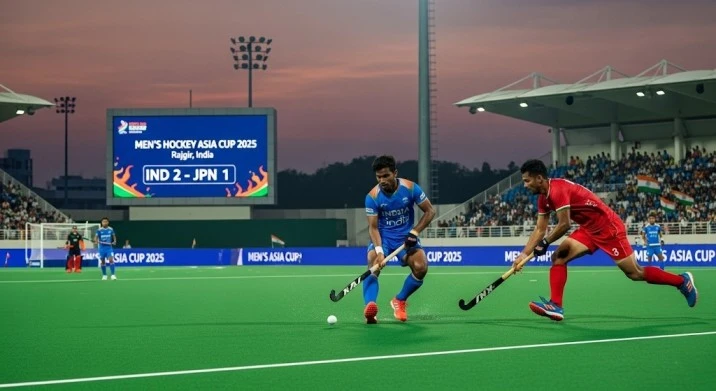After weeks of acrimony and brinkmanship tactics that threatened to cancel the Major League Baseball season, Commissioner Rob Manfred said Wednesday that he had reached an understanding with Tony Clark, the head of the players’ union, on a framework to play in 2020.
Clark still must get the players’ approval to make the plan official, but Manfred said in a statement that he would encourage the league’s 30 teams to accept the terms. After requesting an in-person meeting, Manfred flew to Phoenix and held discussions with Clark for several hours on Tuesday.
“We left that meeting with a jointly developed framework that we agreed could form the basis of an agreement and subject to conversations with our respective constituents,” Manfred said in a statement issued by M.L.B. “I summarized that framework numerous times in the meeting and sent Tony a written summary today.”
A union official, who requested anonymity to discuss continuing negotiations, disagreed with Manfred’s depiction of the meeting, emphasizing that there had been no agreement and instead characterizing the structure as only a proposal. Clark was not available for comment, but the union’s official Twitter feed offered a terse summation: “Reports of an agreement are false.”
In any case, this is, at least, Manfred’s preferred season outline. According to a person briefed on the details of the framework — who was not authorized to discuss it until it became official — the season would begin the week of July 19, with teams playing 60 regular-season games through Sept. 27.
Players would get their full prorated salaries, upholding a provision from the two sides’ March agreement that the players had refused to concede. Until now, every proposal from the owners had included further pay cuts for players because the games would be staged without fans, at least initially.
The owners had also been seeking to create another tier of the playoffs, which would bring in more revenue, but they needed the players’ approval. Manfred left the Phoenix meeting with the framework of a 16-team postseason field — by far the largest in M.L.B. history. Eight teams, four from each league, qualified for the playoffs from 1995 through 2011, and 10 teams have made it annually since 2012, when wild-card games before the division series were introduced.
The Phoenix plan also calls for a designated hitter to be used in all games through 2021, when the collective bargaining agreement expires. The D.H. — adopted by the American League in 1973 — has never been used in games between National League teams.
Manfred and Clark focused on financial and structural issues at their meeting, with the understanding that the sides could soon complete the health and safety protocols for returning to play during the coronavirus pandemic. The league presented detailed health and safety protocols to the union in May — including social distancing in the dugout and a ban on spitting — but the players have not formally approved them.
The intense bickering between the two sides — especially in the past several days — might make it difficult for fans to believe the sport will actually return until the first pitch is thrown. Manfred stretched the limits of credibility in recent days, flipping from a “100 percent” guarantee of a season last Wednesday to telling ESPN on Monday that he was “not confident” there would be a season at all.
That doomsday scenario — sparked largely by the threat of a grievance by the players’ union, which would waive that option if the new plan is ratified — elicited memories of the devastating strike of 1994, when the World Series was canceled and replacement players took the field the next spring training. It also underscored players’ deep distrust of Manfred and the owners, and led Clark to issue a statement Monday evening saying that players were “disgusted.”
Manfred has had an uneasy relationship with Clark, the former All-Star first baseman who succeeded Michael Weiner as the union’s executive director after Weiner died of brain cancer in 2013 at age 51. Manfred and Clark negotiated a collective bargaining agreement in 2015, but it was so favorable to the owners that players have adopted a more hard-line stance since, exasperating Manfred.
Manfred’s willingness to travel to meet in person with Clark was clearly a positive step, the first tangible sign of healthy negotiating under the unusual circumstance of forging a partnership without in-person talks because of the pandemic.
By squabbling for so long, baseball missed a chance to return on July 4 weekend, which would have fit with its self-image as a national pastime capable of helping lift the spirits of a wounded nation. If the sides complete these negotiations, they might still have a chance, at least to bring back the rhetoric.
They received some additional urging on Wednesday afternoon from a U.S. senator.
“Just spoke with @MLB Commissioner,” Senator Marco Rubio, Republican of Florida, wrote on Twitter. “America really needs some unifying common experiences right now, not to distract us from our challenges, but to remind us of the things we have in common Baseball can help fill that void & I am cautiously optimistic we will #playball very soon.”

